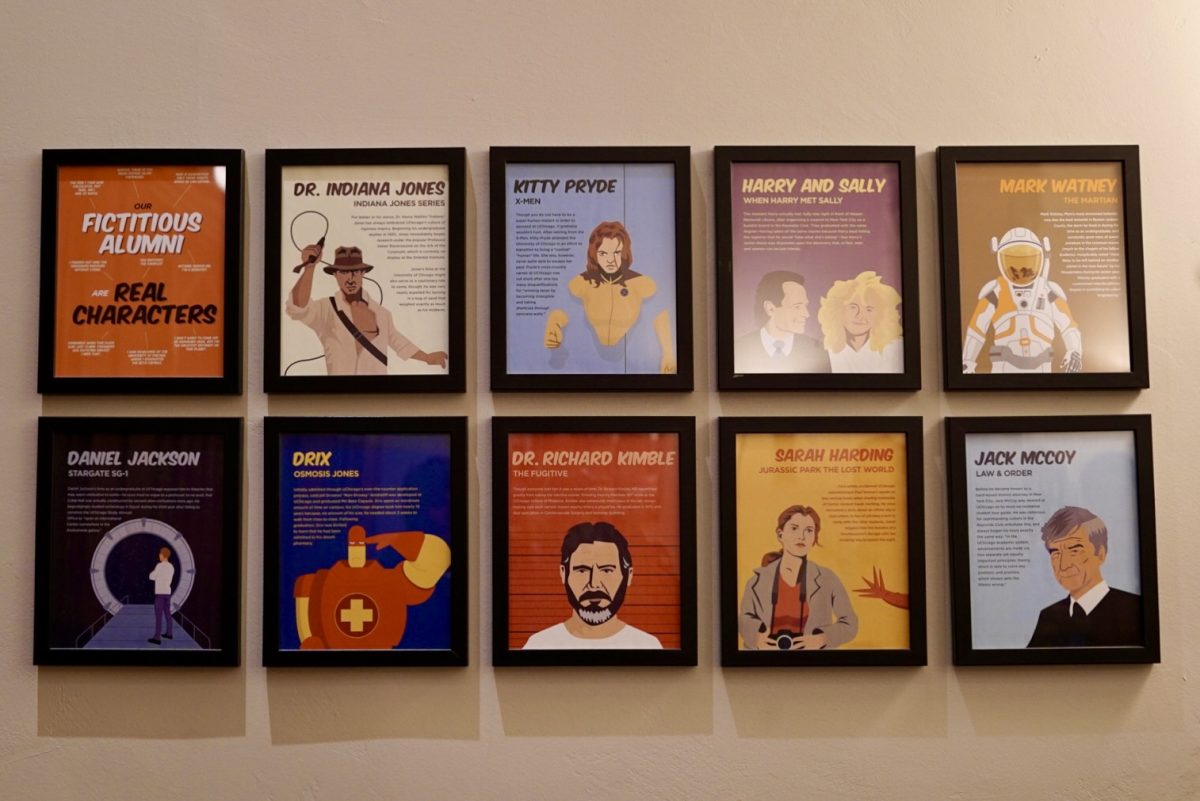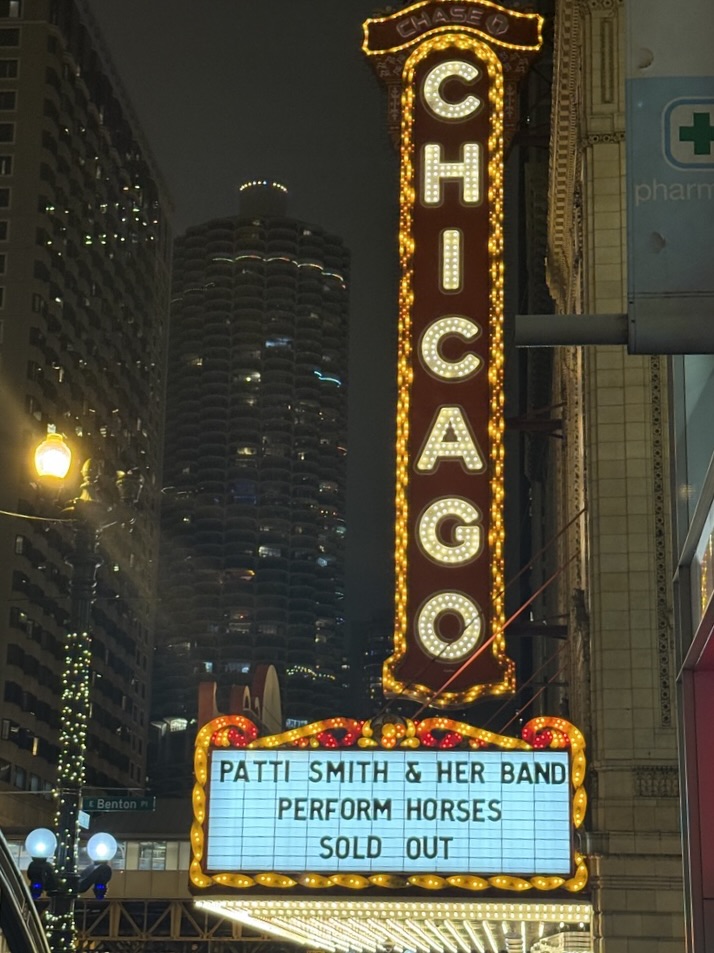Everyone involved with 25th Hour–Spike Lee, the cast, the writers, even some critics–seems to be downplaying its connection with the events of September 11. It would appear that the party line goes something like this: “We knew New York City was an element of this film, and we wanted to portray it the way it is today.”
The truth is that screenwriter David Benioff completed this story in both novel and screenplay form before the morning of September 11 ever dawned, but you’d never know it from the finished product. It isn’t enough to say that New York City is an element of this film, not when the opening credits portray the city’s post-9/11 light show beaming two-pronged into the morning sky. Add to that a few artistic shots of the Ground Zero reconstruction project, and multiple references to Osama bin Laden, to the identity of New York City, and to the American dream, and you’ve got yourself the makings of a new American political allegory. And Spike Lee would be the mastermind of this argument, since Benioff never wrote a word of this stuff in his screenplay.
Honestly, though, the movie makes no sense as an allegory, and it is unlikely that Lee would want anyone to see it that way. He’s much more interested in the characters, particularly the morally ambiguous, dried-up drug dealer Montgomery Brogan (played artfully by Edward Norton), whose plight is the film’s focal point. He has one day of freedom before he goes to prison for seven years, and he has to decide how to make sense of it all before his incomprehensible, terrifying term. If someone asks you what this movie is about, that is what you can give them: a drug dealer’s last day of freedom before he goes away.
There isn’t much to illustrate Brogan’s life as it has been. We know that he dealt marijuana, played basketball in high school, and that his mother died. We know that somewhere along the way he got lost, found himself in with the wrong crowd, and decided to go along with it. We know that he finally got caught. But really, 25th Hour is a snapshot of Brogan’s life: there are his friends (Barry Pepper and Philip Seymour Hoffman), his father (Brian Cox), and his girlfriend (Rosario Dawson). And in the middle, but fast being pushed aside by the ineluctable future, is Brogan’s life as a drug dealer, with all its myriad facets (including, but not limited to, his bodyguard Kostya, played by a shockingly and somewhat inexplicably talented Tony Siragusa).
It is the relationships between these characters–all have some claim to Brogan’s affections and loyalty, and many have some claim to his contempt–that really drive the movie. They captured Lee’s interest, and they make the action work.
So why confuse the issue by giving the city a critical role? There must be more to this than a commitment to playing out the movie’s events in their contemporary setting.
Perhaps 25th Hour is about facing up. Forget the past, the blaming, and the anger. The future, however bleak, belongs to the Brooklyn-groomed Brogan, and by proxy to New York City. Whereas Brogan must contend with a seemingly insurmountable seven-year prison sentence, New York must meet the implacable specters of war and ethnic hate. The options are laid out before the twin players: run away, end it all, or face the future. We have only to decide how we will make ourselves ready for the future; no matter what, there is no going back.
Lee and Benioff occasionally allow themselves to be distracted from the evocative thematic structures they have built. A trivial and pathetic classroom mess falls into (or is it onto?) the lap of Jacob Elinsky (Hoffman) in the person of an oversexed student (Anna Paquin) who enjoys watching her teacher fumble to resist her wiles. It’s entertaining to watch this problem develop, but it never really acquires the importance or intensity that charges the other conflicts in the story. Similarly, the movie goes out of its way to give personality to the stray dog whom Brogan saves from near-death at the start of the movie, but never really justifies the decision.
These trivialities become a bit more dangerous in a movie that risks being read as an allegory, and they will run circles around you if you try to interpret things holistically. The movie has some trouble holding some of its aspects together. Brogan’s father expresses some distaste for his own present position, that of an aging widower with little left to console him except for a bar and some inebriated firemen. Brogan’s girlfriend has some similar complacency issues, and we never know for certain how things will stand between the two when Brogan actually returns.
It all contributes to a film that at times wants for direction. Some of the plot turns and structures are a bit dispossessed. It never becomes clear exactly why bars are such sacred places, or why, amid all the ethnic stereotyping, the narrative seems to want to cut some slack for Puerto Ricans. Admittedly, it’s comforting that Lee hasn’t quite wrapped his head around racist thinking, but the movie could still stand to be a little tighter.
Eventually, though, the acting and the atmosphere of 25th Hour overwhelm its problems. Pepper and Norton, in particular, show flashes of virtuosity. Norton’s bathroom soliloquy as he faces into (and out of ) the mirror will be the take-home image for swaths of viewers, and an intense scene shared by Pepper and Dawson demonstrate some unexpected versatility. Pepper admits that his role was something of a reach for him, but he makes the reach in superlative fashion. This movie will undoubtedly be a bright spot on his resume. And the remainder of the cast is by no means ordinary, even if it is outshined.
There are also some surprisingly powerful scenes, Brogan’s father’s vision of the American dream and the movie’s stirring climax among them. Lee’s experiments with light and sound do a lot to make these scenes work, and are successful more or less across the board.
Above all else, though, the themes of 25th Hour will stand out. Lee has fixed New York City after its recovery, in the earliest moments of the clarity of hindsight. When viewers return to this movie, they will see the moment in which the next morning finally came, Wall Street’s commemorative beams fading into the honest light of day, with nothing left beneath but rubble, and the problem of how to clean up the mess.







